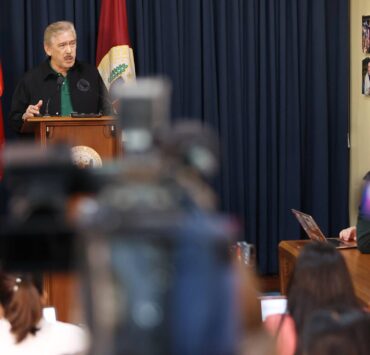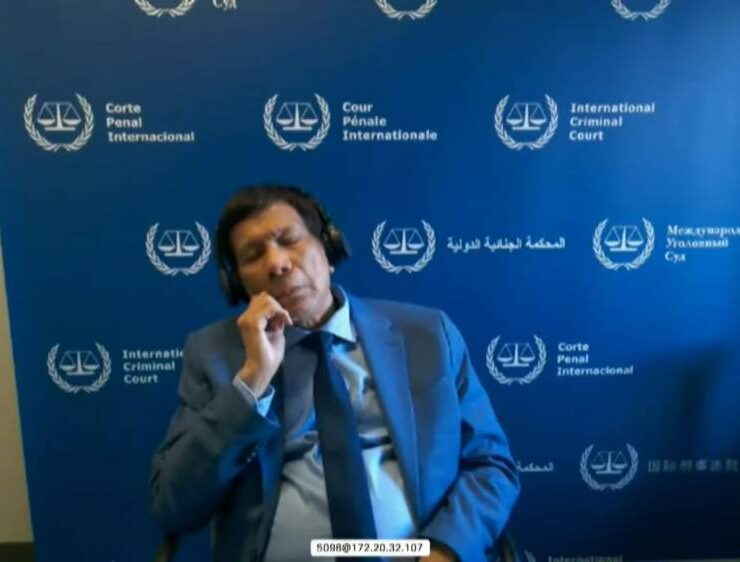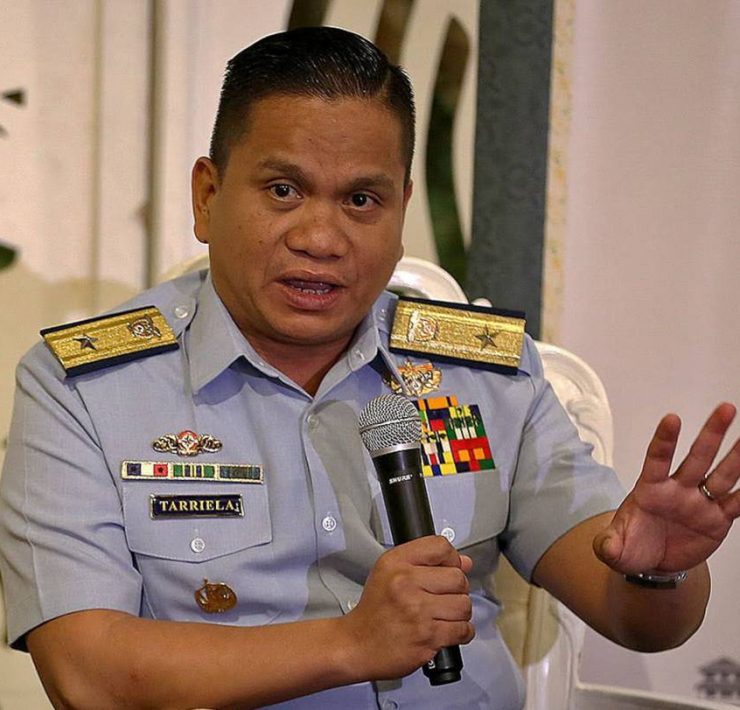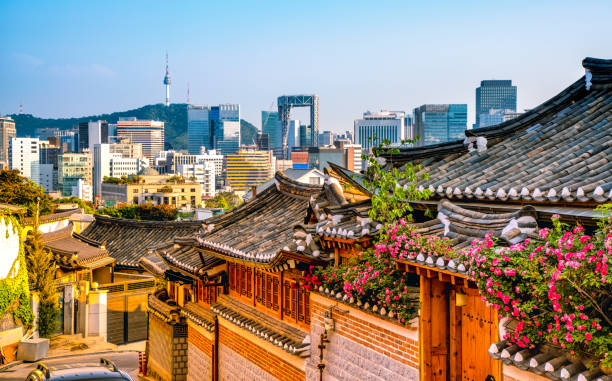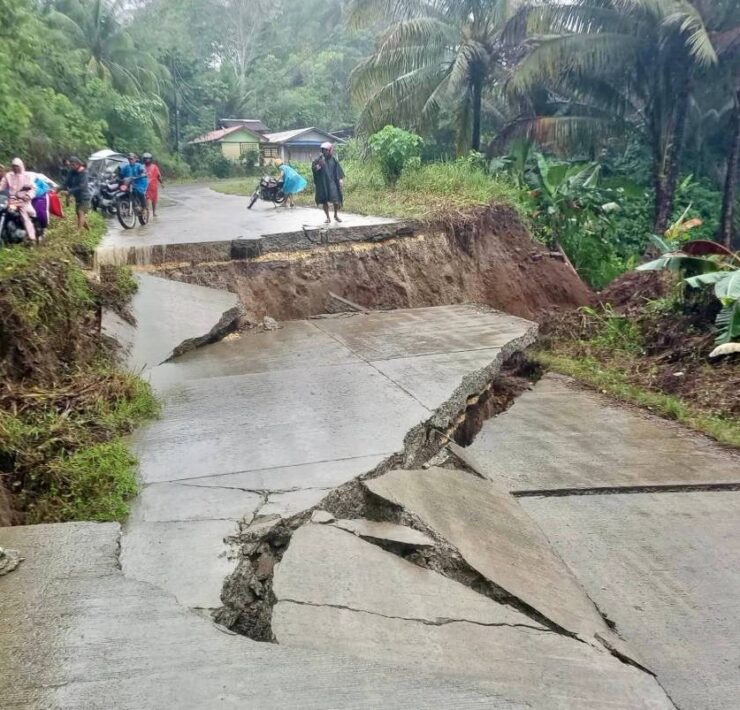Call for snap polls violates Constitution, say groups
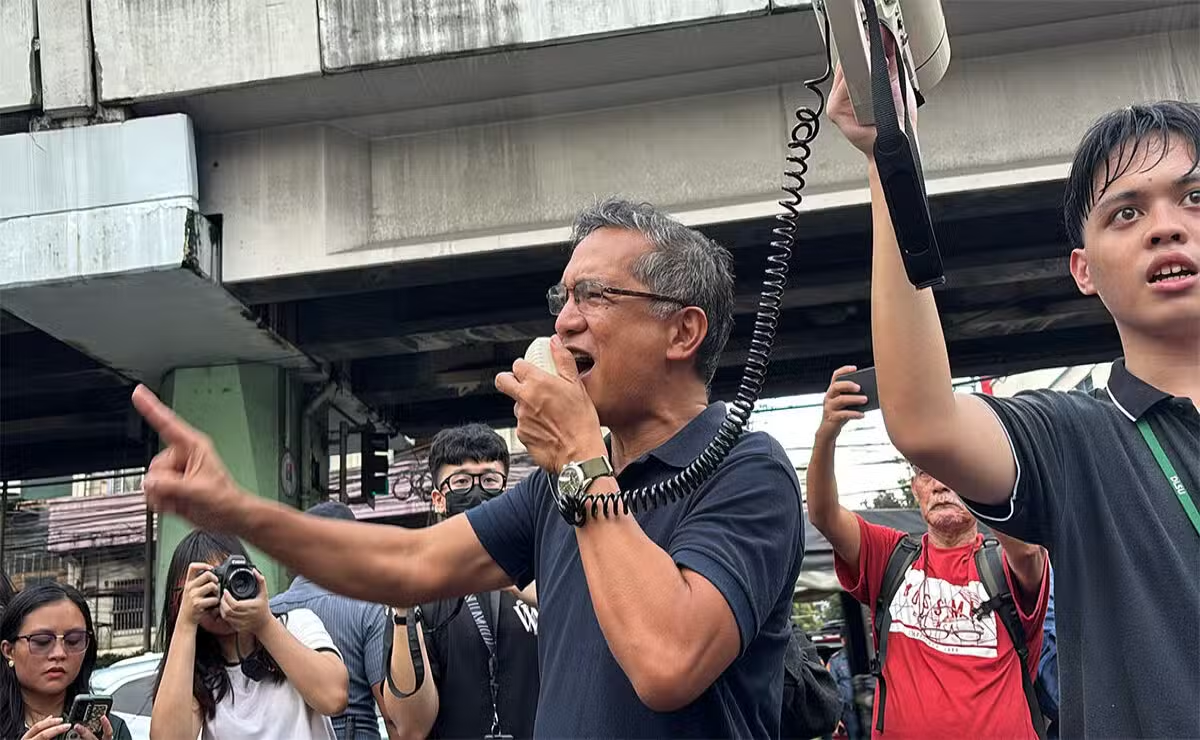
Catholic bishops, lawmakers, a retired justice, and Malacañang on Monday poured cold water on Senate Minority Leader Alan Peter Cayetano’s call for a snap election, labeling it as an “unconstitutional” fodder for chaos and instability.
Cayetano, in a Facebook post on Sunday, floated a scenario for the President, the Vice President, and Senate and House of Representatives members to resign and allow a snap election. But he set one condition: No incumbent politician should run for one election cycle.
“If we are really serious about restoring trust, then let’s go all in,” Cayetano said. “Let everyone resign—from the President down to the last congressman—and let’s hold snap elections.”
The Clergy for Good Governance, composed of bishops and priests, said that the “answer to corruption is not a snap election—it is a snap of conscience.”
“Before seeking new power, do justice first for our people. Hold accountable all who plundered our nation, whoever they are, however powerful. Let them face the law, stay behind bars, and be perpetually disqualified from office,” it said in a statement.
“No resignation, no political maneuvering can erase the injustice done to the Filipino people,” it added.
The government has been rocked by allegations that senators, congressmen and private contractors have siphoned off funds for flood control projects worth billions of pesos since 2022, when President Marcos assumed office.
Then Senate President Francis Escudero was ousted, and then Speaker Martin Romualdez stepped down as the scandal deepened. Allegations of corruption in government infrastructure projects also prompted the creation of an independent commission to probe these anomalies that triggered a series of street protests around the country last month.
Desperate statement
Senate President Vicente Sotto III and Senate President Pro Tempore Panfilo Lacson agreed that the Constitution does not provide for the holding of a snap election.
“We have no constitutional nor legal framework for snap elections. We will be flirting with uncertainty and chaos,” Sotto told reporters.
Election lawyer Romulo Macalintal said: “It’s a mere desperate political statement. Only a revolutionary government can conduct a snap election, not even if we are placed under martial law, since, under our present Constitution, a democratic government still exists.”
There are no specific and clear provisions for a snap election in the 1987 Constitution. Section 10 of Article VII states that in cases of vacancy in the offices of the President and Vice President, the Congress needs to enact a law calling for a special election to elect the two top posts of the country and it should be held not earlier than 45 days nor later than 60 days from the time of such call.
Retired Supreme Court Senior Associate Justice Antonio Carpio also said Cayetano’s single condition would invite legal challenges.
“If this is put into law, its constitutionality will surely be challenged and will likely be declared unconstitutional,” Carpio said in a message to the Inquirer. “This is the problem in Cayetano’s proposal.”
“You cannot disqualify en masse all incumbent elected public officials from running for public office without a lawful cause as provided by law,” Carpio added.
In the face of criticisms of his regime, then strongman Ferdinand Marcos Sr. called for special elections in December 1985. On Feb. 7, 1986, a snap election was held, but the results were marred by allegations of irregularities, triggering the “people’s revolt” that ousted Marcos, the incumbent’s father and namesake, and catapulted his rival, Corazon Aquino, to power.
‘Irresponsible’
For political analyst Jean Encinas-Franco, Cayetano’s proposal smacked not only of unreasonableness but also irresponsibility.
“The Congress would have to pass the law [on special elections]. What would happen if there was no Congress?” Franco, a political science associate professor at the University of the Philippines, said by phone.
Besides, she said Cayetano’s call would only fan instability after the military doused rumors of a coup against President Marcos.
“The fact that it’s coming from an incumbent senator who should work towards political stability is a bit, I think, irresponsible,” Franco said. “It’s really inviting political instability, and given that there were rumors of a coup a while ago, then I think it’s an irresponsible statement.”
Malacañang press officer Claire Castro called Cayetano’s suggestion as “just his wishful thinking.”
“We do not have time to talk about one’s personal desires,” she added. “The President has no time for this kind of politicking. Let us all focus on the needs of the people, not on personal interests.”
‘Obfuscation’
If at all, the Makabayan bloc of lawmakers in the House described Cayetano’s call as a “typical” example of “obfuscating” the issue of corruption.
Cayetano’s call drew a quick retort from his estranged brother, former Taguig City Mayor Lino Cayetano, also on Facebook: “I support this proposal. I agree with my brother Alan and ask that we start with ourselves. Give up power.” —REPORTS FROM JOHN ERIC MENDOZA, GILLIAN VILLANUEVA, MAILA AGER, TINA SANTOS, DEXTER CABALZA, FAITH ARGOSINO, JANE BAUTISTA, CONG CORRALES AND INQUIRER RESEARCH















